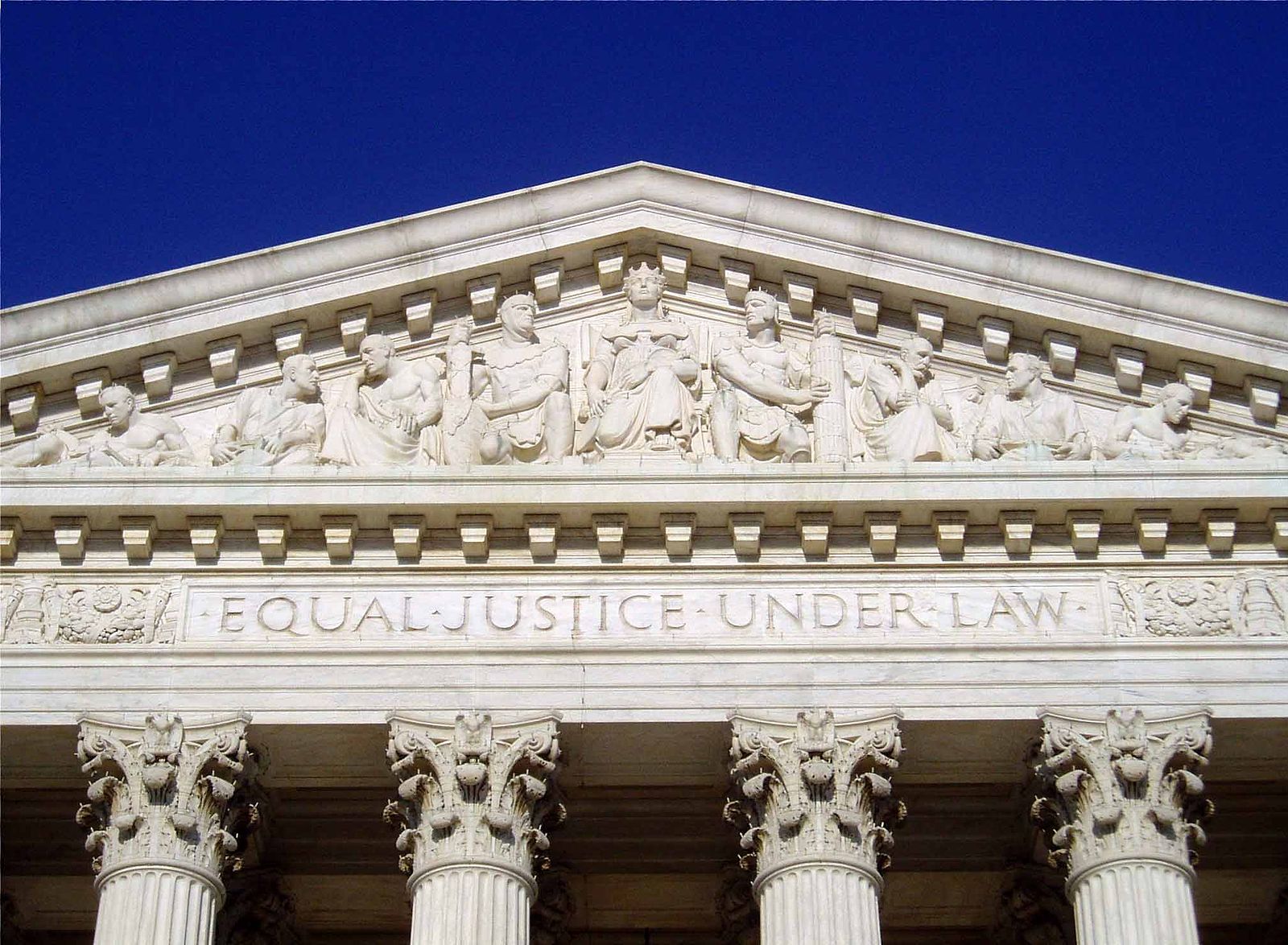This article was originally published by The American Prospect. Read on the original site here.
The past year has brought an avalanche of investigative reporting detailing the cozy personal and financial ties between Supreme Court justices and wealthy conservative benefactors who have lavished them with expensive gifts, free luxury vacations, lucrative side gigs, and more. These once-secret ties are scandalous in their own right, but there’s more to the story.
While the otherwise excellent coverage of the justices’ ethics scandals frequently stipulates that their billionaire benefactors rarely have business before the Court, the truth is that “court-whisperers” like Leonard Leo, Harlan Crow, and Charles Koch have both motives for and means of influencing rulings in many of the cases the Court will decide over the next several weeks—even when they are not a named party.
Let us quickly recap these ethics scandals. Ever since he threatened to resign from the Court in 2000 over his allegedly meager salary, Justice Clarence Thomas has been showered with undisclosed luxury gifts from a host of right-wing activists desperate to keep him on the bench. Thomas has been taken on globe-trotting vacations by billionaire real estate developer Harlan Crow and attended donor summits hosted by the Koch brothers. He has also been provided with luxury travel from several other billionaires whom he met through the elite Horatio Alger Association. Justice Samuel Alito has likewise been treated to an expensive fishing trip by hedge fund mogul Paul Singer, with their expedition together being set up and attended by the powerful conservative activist Leonard Leo.
And those are just the recent, high-profile stories. Neil Gorsuch has close ties to Phil Anschutz, the billionaire owner of the conservative Washington Examiner. John Roberts’s wife makes millions placing elite lawyers at top law firms on behalf of undisclosed corporate clients. Amy Coney Barrett has declined to disclose if any of her husband’s white-collar defense clients have interests before the Court. And perhaps most famously, Clarence Thomas’s wife Ginni has long been deeply involved in the world of conservative advocacy, with the couple maintaining close ties to the justice’s powerful former clerks. Perhaps even more stories would come to light if Sen. Richard Durbin (D-IL) would actually enforce the Senate Judiciary Committee’s subpoenas of Harlan Crow and Leonard Leo.
Even with this laundry list of ethics scandals, the commonly held threshold for whether a billionaire benefactor has interests before the Court—whether they’re a named party in a case—is woefully insufficient. The consequences of the Court’s decisions often reach far beyond named parties, and as such, people beyond the named parties tend to have clear interests in cases.
Amicus curiae briefs, a slightly fancy Latin phrase for a concept also known as “friend of the court” briefs, allow for individuals and interest groups to state their interests in a case and provide their perspective on how the court should rule. Many of these briefs are filed by organizations closely connected to the very same people bestowing gifts upon the justices—the literal “friends of the court.”
For example, the justices’ benefactors have obvious and direct personal financial stakes in Moore v. United States, in which the petitioners seek to preemptively block wealth taxes. Harlan Crow and Paul Singer, both billionaires, aren’t named parties in that case, but they don’t need to be to enjoy the financial benefits of a ruling banning the taxation of accumulated wealth. Their interests would be obvious even if organizations connected to them didn’t explicitly state them in several amicus briefs. For example, the Manhattan Institute, which is backed by Singer and has Crow’s wife Kathy on its board, filed a brief which asserts that “direct taxes on wealth simply do not work.”
Or take Consumer Financial Protection Bureau v. Community Financial Services Association of America, which threatens the current funding mechanism of the Consumer Financial Protection Bureau (CFPB). Many of Clarence Thomas’s buddies in the Horatio Alger Association are business leaders who have run afoul of the CFPB, and some have stated their outright opposition to the Bureau. Americans for Prosperity, a key organization within the Koch network, filed a brief arguing that the CFPB’s funding structure “violates the separation of powers.” Must Thomas’s rich friends and benefactors be a named party in the case for him to have a clear conflict of interest?
To better track these under-the-radar conflicts of interests, our organizations Take Back the Court and the Revolving Door Project, along with True North Research, have launched the new website SupremeTransparency.org. Our site tracks and exposes efforts to influence the Supreme Court by organizations that are funded or advised by right-wing power brokers with cozy ties to the justices.
Take Leonard Leo, who secretly funnels money to Clarence Thomas’s wife and arranges private-jet fishing vacations for Samuel Alito. Advocacy organizations funded by Leo, like the New Civil Liberties Alliance and Foundation for Government Accountability, routinely file amicus briefs in major cases before the Court, sending an unmistakable signal to the justices about Leo’s interest in the outcome. At Supreme Transparency, we’ve so far documented 32 cases in the current Supreme Court term in which organizations connected to ten wealthy power brokers (including Leo) have filed amicus briefs.
The flagrant corruption of the Court has received a great deal of media attention and public scrutiny in recent years. But that scrutiny has been largely siloed away from coverage of the Court’s substantive deliberations and decisions. It’s time to break out of those silos. The story of the justices’ lucrative relationships with right-wing billionaires is inseparable from those billionaires’ judicial shadow-lobbying via amicus briefs.
Rulings this term (and those of previous terms) must be seen through this lens. It is only natural for justices to consider the interests of those who bankroll their lavish lifestyles. Reporters should follow the money and uncover the many layers of judicial corruption.

